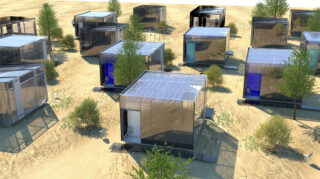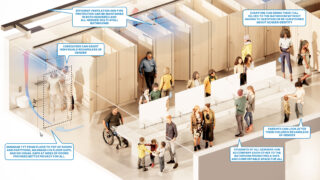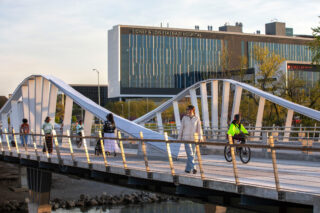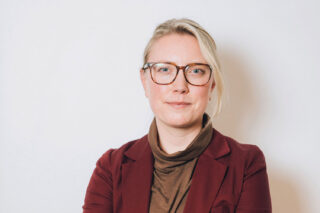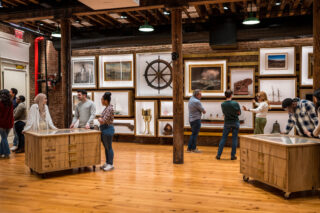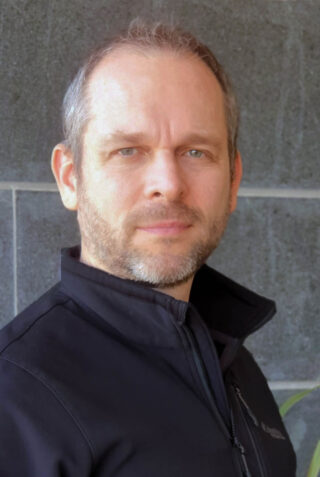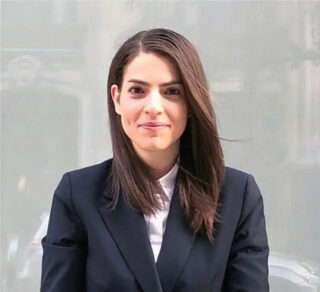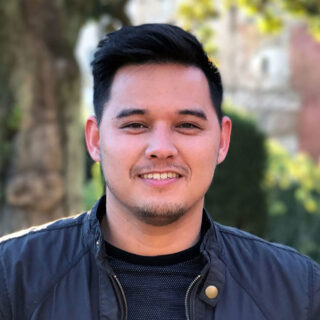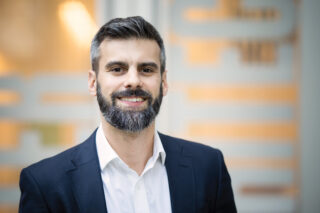Friends:
As we move into summer, the chaos and assault on our values coming out of Washington continues to spiral our world into a deeper state of uncertainty—economically for our practices, and ethically in our lives. In navigating this upheaval, we are discovering solidarity in New York City’s strong community of architects and designers, and avenues for intervention through local advocacy and service.
At the Town Hall at the Center for Architecture on April 9, members from all backgrounds came to reflect on the impacts—both on our practices and on civil society at large—of executive orders, economic policies, and federal administrative changes since January. At the 2025 American Institute of Architects Conference, it was important to connect face-to-face with our peers from across the country as we begin to coordinate national, state, and local chapter efforts in response to the reversal of years of progress on issues like climate change, health, environmental equity and justice, affordable housing, and homelessness.
In facing this uncertainty and to answer this emerging call to action, I continue to believe deeply in focusing on the vitality of our shared civic, cultural, and social lives—on the fundamentally urban experience of meeting each other in physical space, confronting our most pressing contemporary issues, and, through the friction of our collective engagements, generating organic and experimental models of resiliency. This belief is at the heart of my presidential theme this year, See You IRL: Designing for Public Life.
In elevating the importance of our public lives in the civic realm, I want to highlight the ongoing “Design for Public Life” dialogues series, organized in collaboration with Ann Marie Baranowski of the Cultural Facilities Committee and co-organized by the Planning and Urban Design and Global Dialogues Committees. At the opening conversation at the Center on April 17, New Affiliates’s Jaffer Kolb and Ivi Diamantopoulou posed the question: “How does the creation of public space today intersect with contemporary issues of climate change and coastal resiliency; public health and the pandemic; equity and racial justice; and democratic speech and discourse?” During the International Contemporary Furniture Fair on May 19, Susannah Drake (Sasaki) and I spoke with Jennifer Krichels (Oculus) and Jack Murphy (The Architect’s Newspaper), reflecting on the changing character of large connective public spaces. Later that month, Georgeen Theodore (Interboro Partners) and Joshua Langham (NYC Department of Health and Mental Hygiene) discussed the critical role of our built environment in promoting public health. In June, Ann Marie Baranowski moderated a spirited discussion between Ron Shiffman (professor emeritus at Pratt Institute’s School of Architecture’s Graduate Center for Planning and the Environment) and Mindy Fullilove, MD, (professor emeritus of Urban Policy and Health at The New School) on the topic of “Democracy, Equity and Public Space.” Critical dialogue will resume in the fall with Mabel O. Wilson (September), Kate Orff (October), Mary Miss (November), and perhaps several others. Stay tuned.
And, of course, I hope you all will come to the Center on October 3 for the opening of Searching for Superpublics. Curated by New Affiliates, the exhibition will wrestle with these urgent issues as they relate to the existing and future design of New York’s civic realm. Meanwhile, make the most of the summer’s generosity as it compels us to convene, in-person, in the streets and at parks, rivers, beaches, and all our city’s great public spaces, finding both joy and resiliency together.








